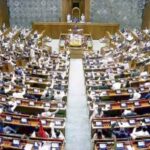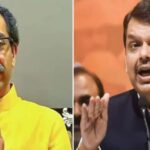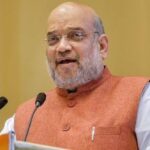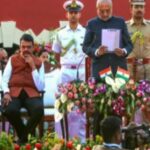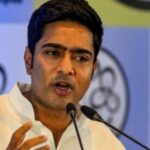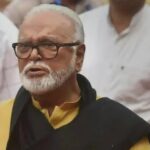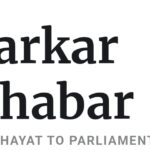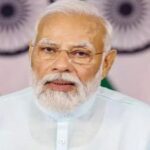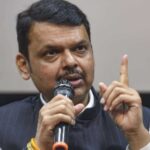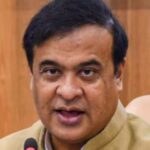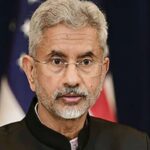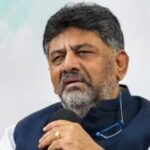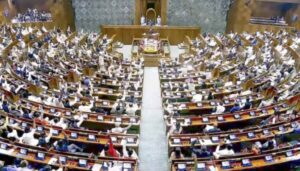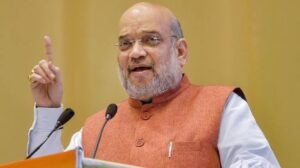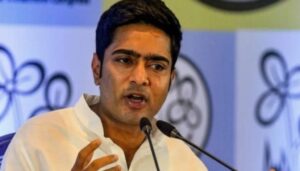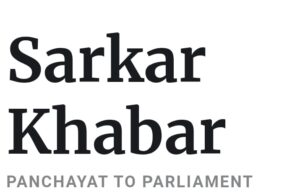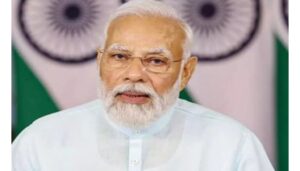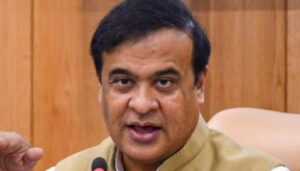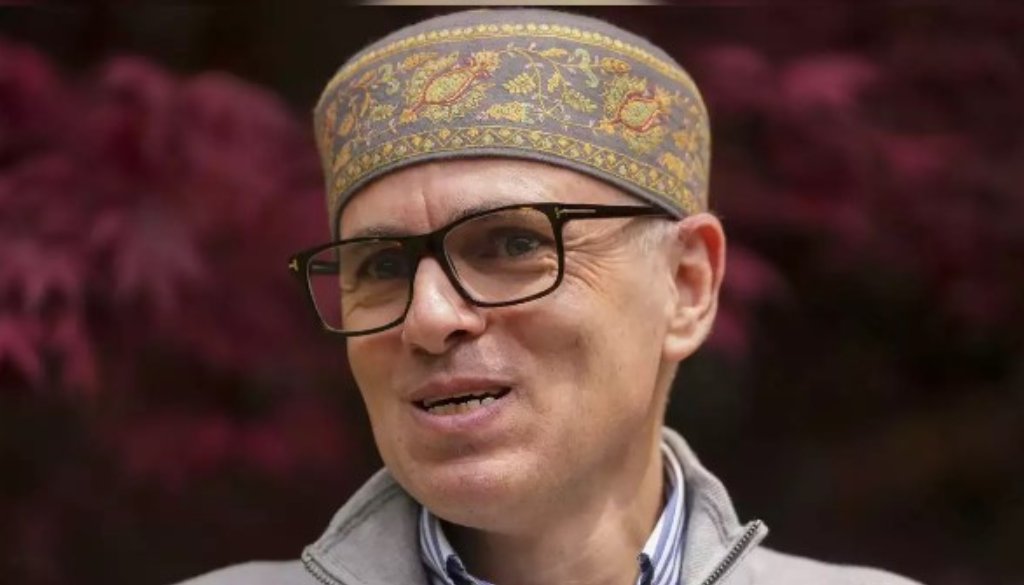
Omar Abdullah Takes Office, Promises No Traffic Interruptions During His Travels
Srinagar, 16th October 2024: In his first act as the Chief Minister of Jammu and Kashmir, Omar Abdullah announced on Wednesday that he has instructed the police not to establish any green corridors or halt traffic during his road travel to minimize public inconvenience.
In a tweet, Abdullah, who is serving as Chief Minister for the second time, emphasized that there should be no aggressive gestures or excessive use of sirens. He also encouraged his newly appointed Cabinet ministers to adopt the same approach.
“I have communicated with the Director General of Police, asking for no ‘green corridor’ or traffic interruptions during my travels. Public inconvenience should be minimized, and sirens should be used sparingly. Aggressive gestures must be avoided,” he stated.
He further urged his cabinet members to adopt a people-friendly attitude, asserting that their role is to serve the public rather than disrupt their daily lives.
During his previous term from 2009 to 2014, Omar Abdullah set a precedent by having his convoy adhere to traffic signals.
Omar Abdullah was sworn in today as the Chief Minister of Jammu and Kashmir, marking the Union Territory’s first elected government in six years. Surinder Singh Choudhary, an MLA who defeated the J&K BJP chief, was appointed as Deputy Chief Minister, ensuring representation for Jammu in the new administration.
The Congress party has opted out of the new Cabinet for the time being, citing its demand for statehood for Jammu and Kashmir, a promise made by the Centre, and has vowed to continue advocating for it.
Five MLAs took their oaths today: Satish Sharma (Independent), Sakina Itoo, Javid Dar, Surinder Singh Choudhary, and Javid Rana (all from the National Conference). Four Cabinet positions remain unfilled and will be addressed in a future expansion.
In the September-October Assembly elections, held after a decade, the National Conference-Congress alliance won 48 out of 90 seats. The National Conference emerged as the largest party, securing 42 seats, while the Congress won six.
